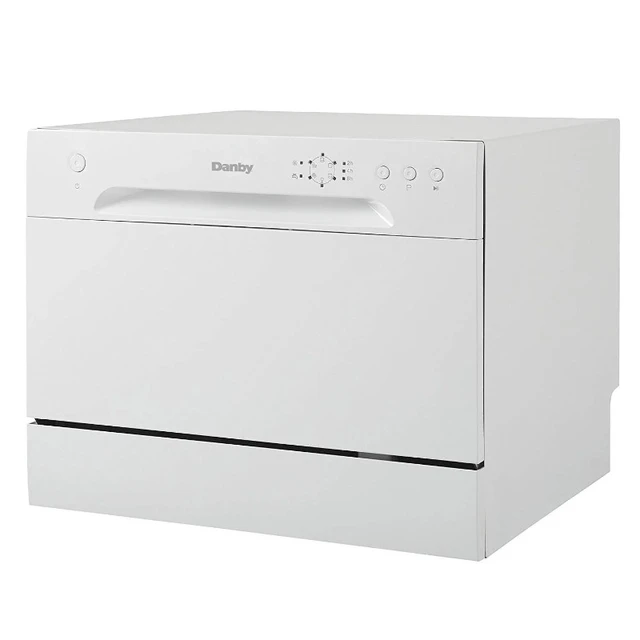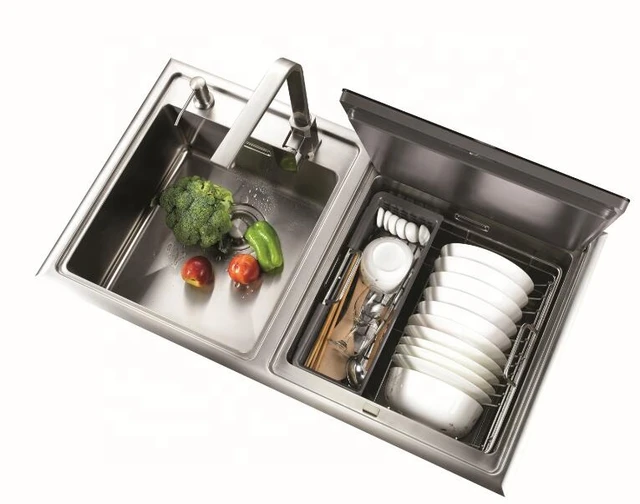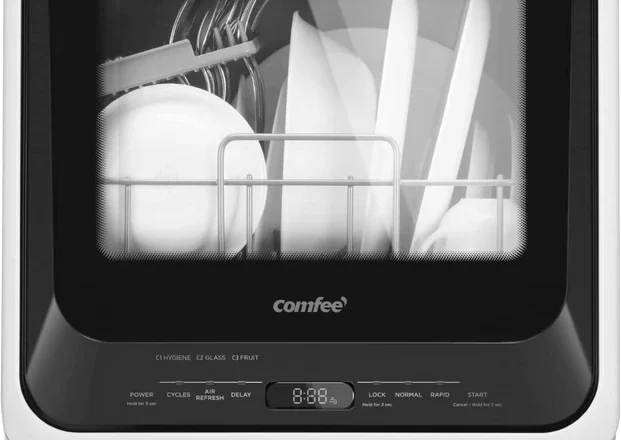Introduction
A clogged dishwasher can be a frustrating and inconvenient problem to deal with. Understanding the common causes of dishwasher clogs can help you prevent them and ensure the smooth operation of your appliance. In this guide, we will explore the various factors that can lead to a clogged dishwasher, including food debris, grease buildup, mineral deposits, foreign objects, and issues with the drain system.

What are the common causes of a clogged dishwasher?
Food Debris
1.1. Improper Scraping or Rinsing
One of the primary causes of dishwasher clogs is the presence of food debris. If dishes are not properly scraped or rinsed before being loaded into the dishwasher, food particles can accumulate in the dishwasher’s filter, drain, and spray arms.
1.2. Large Food Particles
Large food particles that are not broken down during the wash cycle can cause blockages in the drain or drain hose. Items like fruit pits, bones, or excessive amounts of pasta or rice can be particularly problematic.
Grease Buildup
2.1. Fatty Residue
Grease and fatty substances from dishes, pots, and pans can accumulate in the dishwasher over time. This residue can stick to the interior walls, filter, spray arms, and drain, leading to clogs and reduced water flow.
2.2. Soap Residue
Using excessive amounts of detergent or using improper detergent can result in soap residue buildup. This residue can mix with grease and food particles, creating a sticky and stubborn clog.

Mineral Deposits
3.1. Hard Water
Hard water contains high levels of minerals, such as calcium and magnesium. Over time, these minerals can accumulate and form deposits on the interior components of the dishwasher, including the filter, spray arms, and water jets. These deposits can restrict water flow and lead to clogs.
3.2. Lime Scale
Lime scale is a common type of mineral deposit that forms when hard water evaporates. It can accumulate on heating elements, in the spray arms, and along the interior walls of the dishwasher. Lime scale buildup can interfere with the proper functioning of the dishwasher, leading to clogs and reduced performance.
Foreign Objects
4.1. Utensils and Cutlery
Accidentally dropping utensils, such as forks, spoons, or knives, into the dishwasher can cause clogs. These objects can block the spray arms, interfere with the draining process, or even damage the dishwasher’s internal components.
4.2. Dishwasher-Safe Plastic Items
Certain types of plastic items, particularly those that are not dishwasher-safe, can melt or warp when exposed to high temperatures in the dishwasher. These melted or deformed pieces can cause obstructions in the drain or spray arms.
Drain System Issues
5.1. Clogged Drain Filter
The dishwasher’s drain filter is designed to catch large food particles and prevent them from entering the drain hose. If the filter becomes clogged or blocked, it can impede water flow and cause backups.
5.2. Damaged or Misaligned Drain Hose
A damaged or misaligned drain hose can result in poor drainage or even leaks. Cracks, kinks, or disconnections in the drain hose can lead to clogs and hinder the dishwasher’s ability to remove wastewater effectively.
5.3. Malfunctioning Drain Pump
The drain pump plays a crucial role in removing water from the dishwasher during the drainage cycle. If the drain pump is faulty or not working properly, it can cause water to back up and lead to clogs.

Overloading the Dishwasher
6.1. Exceeding Capacity
Overloading the dishwasher with too many dishes can result in poor water circulation and ineffective cleaning. When dishes are crammed together, it becomes difficult for water and detergent to reach all surfaces, leading to food particles and debris not being properly washed away.
6.2. Blocking the Spray Arms
When dishes are stacked too closely or improperly, they can block the spray arms from rotating freely. This obstruction prevents water from being distributed evenly throughout the dishwasher, resulting in areas with inadequate cleaning and potential clogs.
Improper Pre-Washing
7.1. Using Excessive Pre-Wash
While it is important to remove large food particles from dishes before loading them into the dishwasher, excessive pre-washing or rinsing can contribute to clogs. Extra food particles that are rinsed off can accumulate in the dishwasher’s filter, drain, and spray arms, causing blockages and reduced performance.
7.2. Not Pre-Washing at All
On the other hand, not pre-washing dishes can lead to a build-up of food debris that may not be effectively removed during the dishwasher’s cycle. This can result in food particles clogging the drain and causing drainage issues.
Using Improper Detergent
8.1. Insufficient Detergent
Using too little detergent or using a low-quality detergent can lead to poor cleaning performance. Insufficient detergent may not break down grease and food particles effectively, which can result in residue build-up within the dishwasher and contribute to clogs.
8.2. Excessive Detergent
Using too much detergent can create excess soap suds that can overflow from the dishwasher, causing clogs in the drain system. Excessive detergent can also leave behind a soapy residue on dishes and within the dishwasher, leading to clogs and reduced performance.

Hard Water Build-Up
9.1. Inadequate Water Softening
If your home has hard water, it is important to ensure that your dishwasher is equipped with a water softening system or that you use a water softener additive. Hard water contains minerals that can accumulate in the dishwasher, leading to lime scale and mineral deposits that can cause clogs.
9.2. Failure to Regularly Clean the Dishwasher
Regularly cleaning the dishwasher, including the interior walls, spray arms, and filter, can help prevent hard water build-up. Neglecting to clean the dishwasher allows mineral deposits to accumulate over time, leading to clogs and reduced performance.
Lack of Regular Maintenance
10.1. Neglecting the Filter
The dishwasher’s filter plays a crucial role in preventing food particles and debris from entering the drain system. Neglecting to clean the filter regularly can result in clogs and hinder proper water flow.
10.2. Skipping Periodic Deep Cleaning
Periodic deep cleaning of the dishwasher is essential to remove built-up grease, food particles, and mineral deposits. Skipping this step can result in clogs and reduced performance over time.

Conclusion
Understanding the common causes of a clogged dishwasher can help you take proactive measures to prevent them and maintain the optimal performance of your appliance. Factors such as food debris, grease buildup, mineral deposits, foreign objects, and issues with the drain system can all contribute to clogging issues. By properly scraping and rinsing dishes, regularly cleaning the dishwasher’s filter and interior components, using appropriate detergent, and inspecting and maintaining the drain system, you can minimize the chances of experiencing a clogged dishwasher. Additionally, addressing any clogs promptly and seeking professional assistance when needed can help ensure the longevity and efficiency of your dishwasher.

